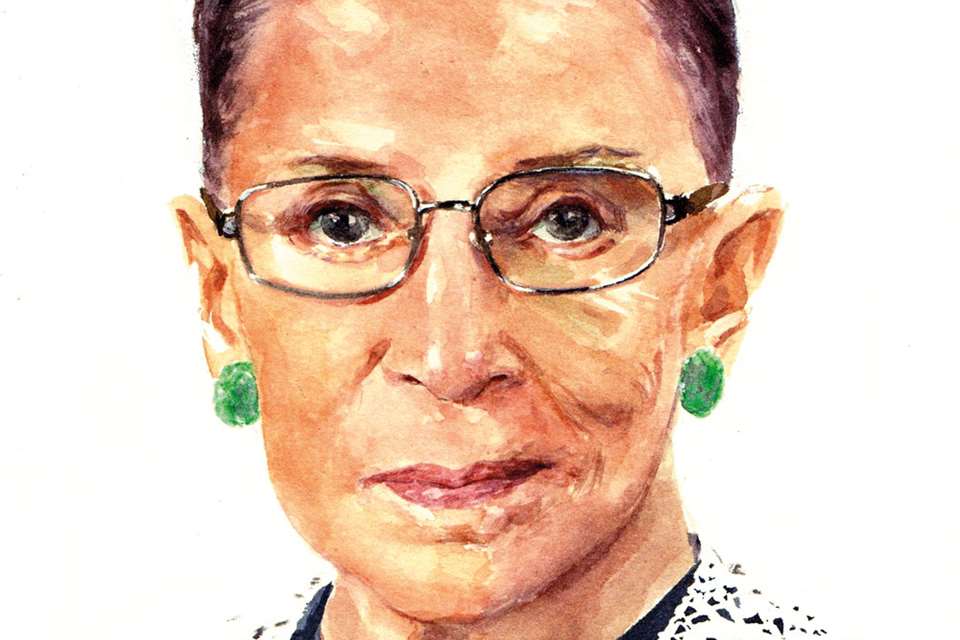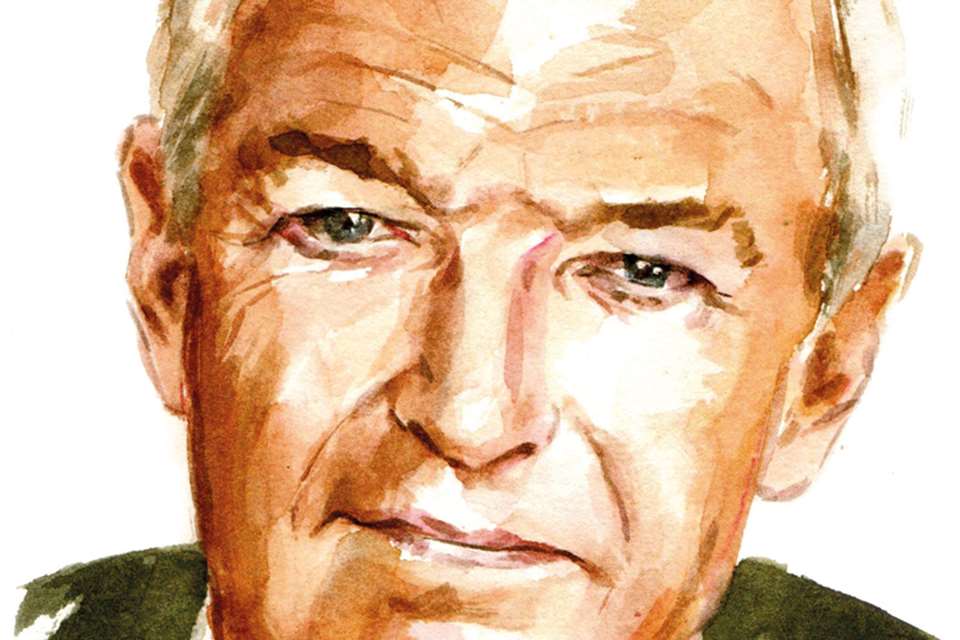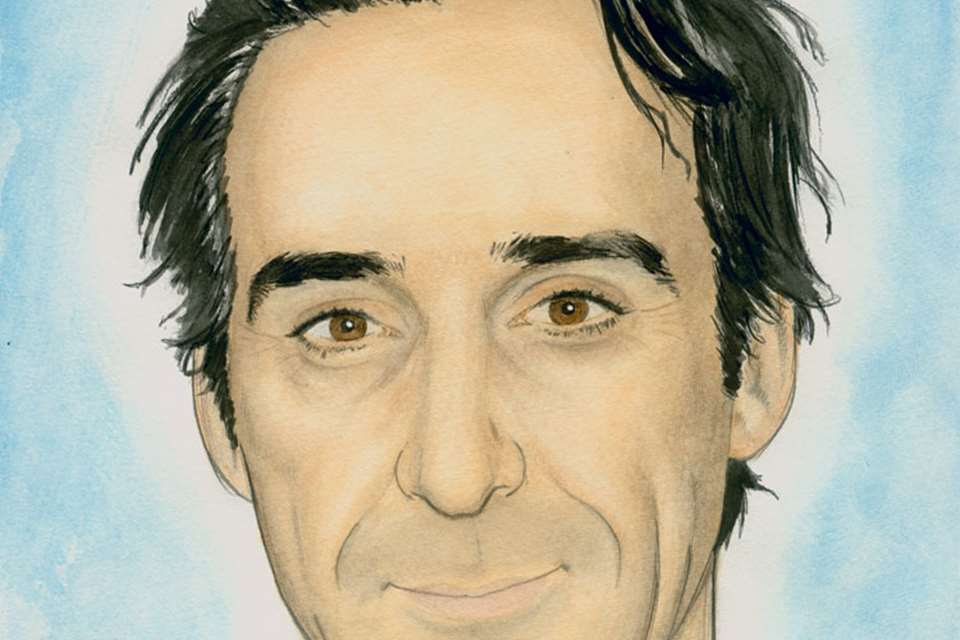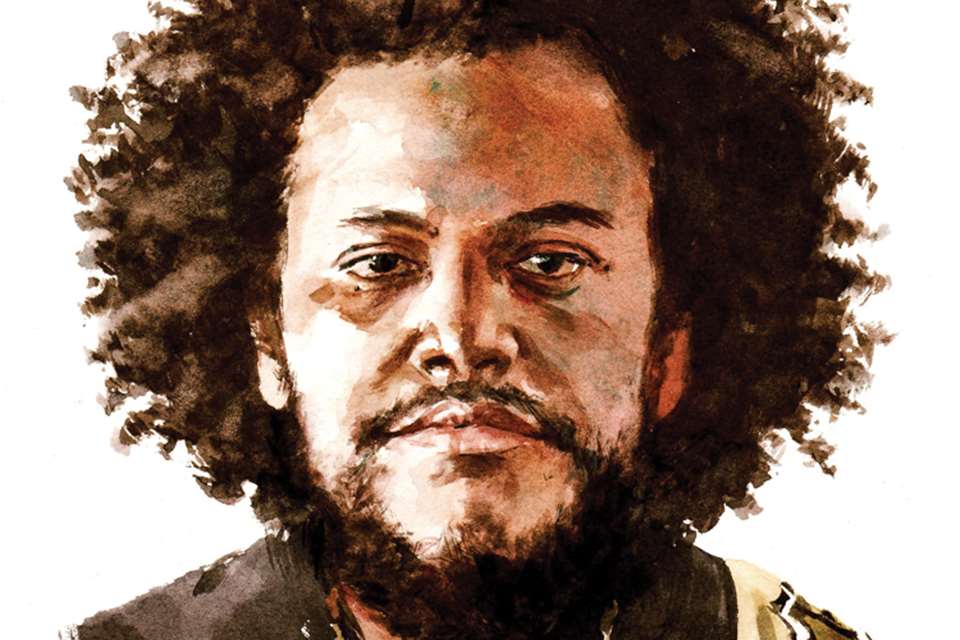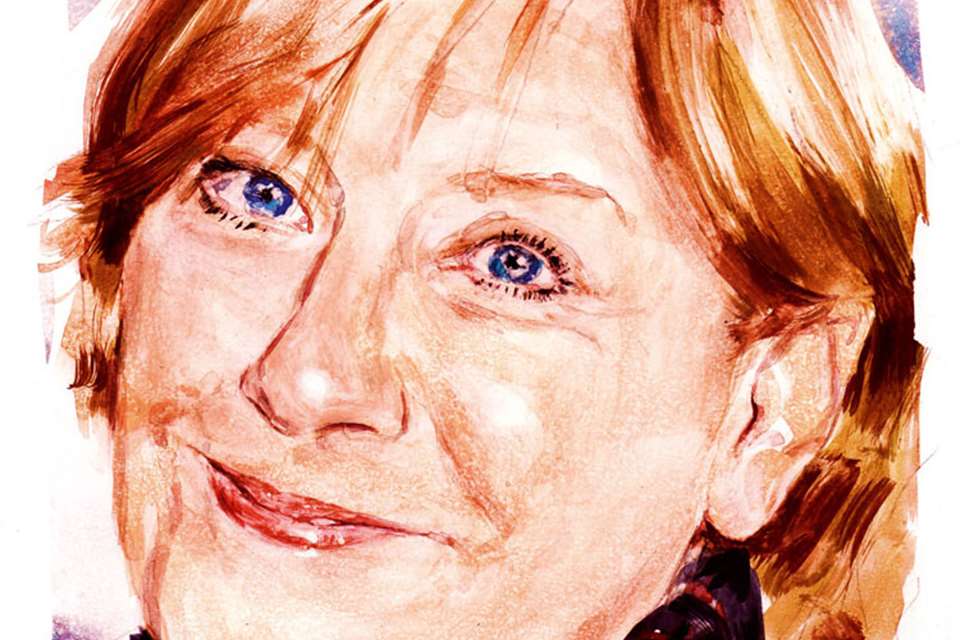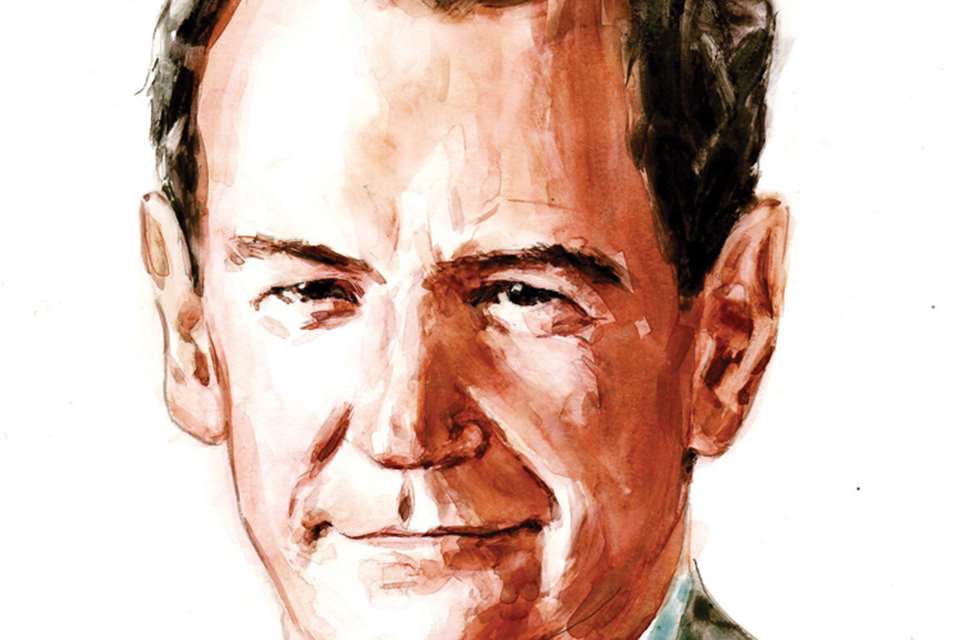Christopher Lee | My Music: ‘It's been the greatest regret of my life: I still believe I was born to be an opera singer’
Gramophone
Thursday, June 11, 2015
The actor Christopher Lee reflects on an opera career that might have been...
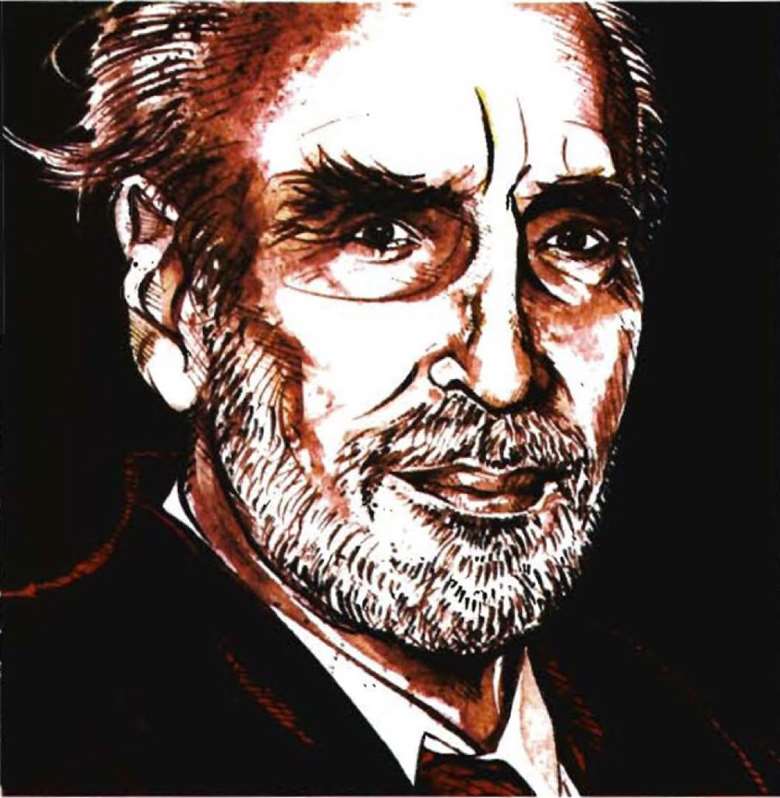
Register now to continue reading
Thanks for exploring the Gramophone website. Sign up for a free account today to enjoy the following benefits:
- Free access to 3 subscriber-only articles per month
- Unlimited access to our news, podcasts and awards pages
- Free weekly email newsletter




